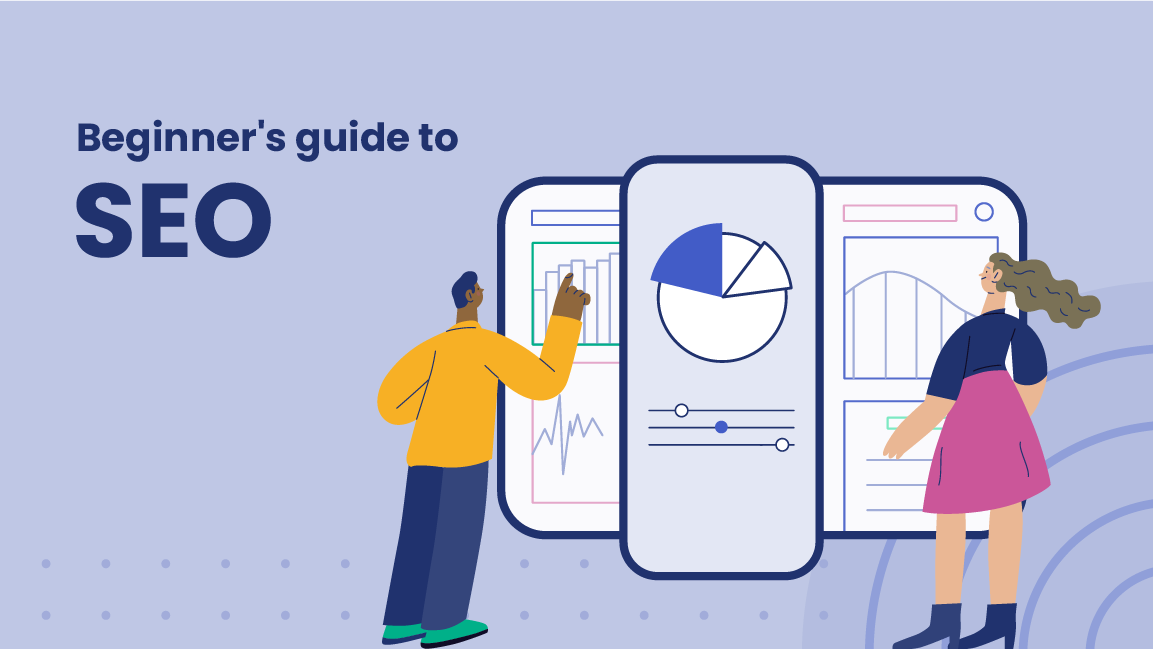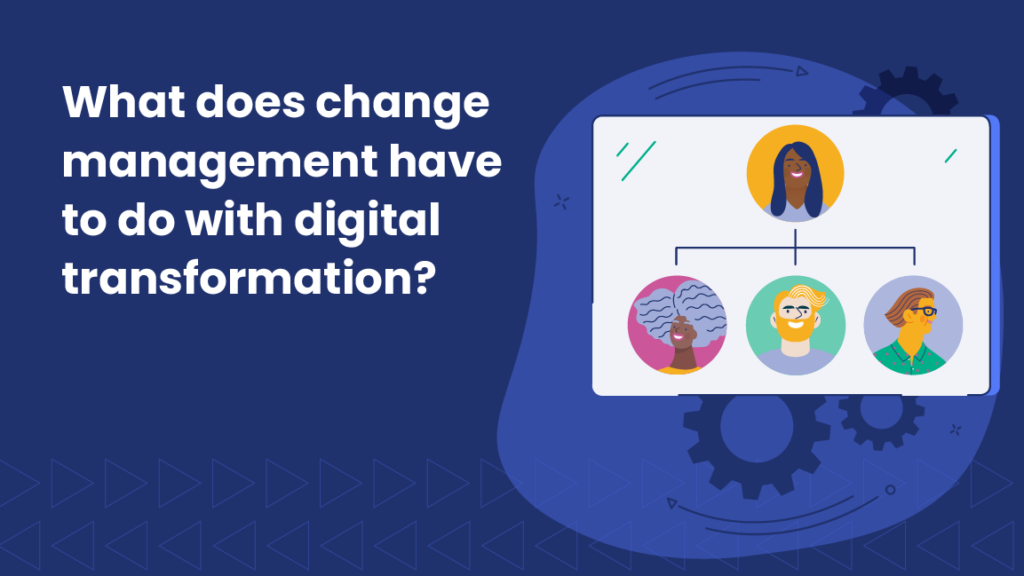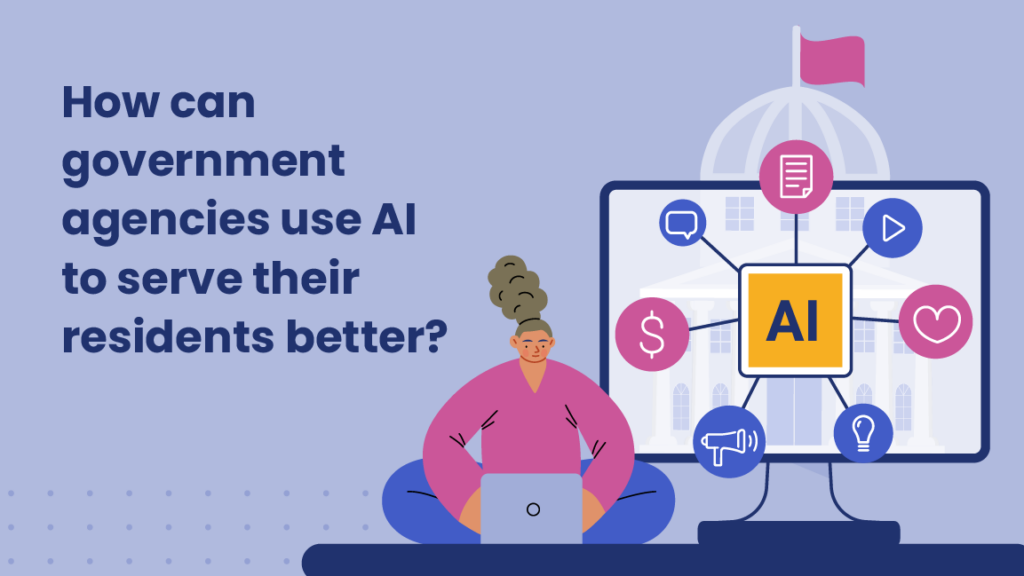Navigating the digital landscape: Government SEO tactics

What happens when residents search for property tax or hunting license information online? Will your website rank high enough in search to be easily spotted?
Contrary to popular assumptions, having a .gov web address doesn’t mean your website will automatically appear in top search results (although it does make it more likely to get backlinks since it’s official information). But SEO (search engine optimization) can help your website rank higher in online search results — and ultimately reach the right audience, quicker.
What’s SEO?
SEO encompasses a range of tactics meant to help boost your website’s search rankings and help fulfill users’ search intent. Implementing SEO best practices makes it easier for search engines to understand your content and surface it appropriately.
Is SEO worth the effort for government agencies?
Yes! If you’re investing in messaging, direct mail campaigns, and other marketing efforts, it only makes sense to pay attention to SEO — especially if you’re encouraging your community to adopt more digital services.
It’s a cost-effective way to increase the odds of people finding the information they’re looking for — and people can do so without having to travel or make phone calls.
- Residents can self-serve with thorough FAQ pages, reducing the need for support calls or tickets
- Easily accessible online pages make it easier for residents in rural areas to get crucial information
- More visible online information could mean that your department can reduce spending on other promotional programs
- A better online experience increases transparency and positions the agency as more modern and efficient, building trust with residents
SEO could also encourage residents to explore their community more: They could learn about local programs, farmer’s markets, new digital services, conservation events, ribbon cuttings, and town halls — all on one site.
SEO basics: What you should know to get started
While there are some technical and off-page aspects of SEO, the most basic elements of SEO can be implemented easily:
- A good user experience, like easy navigation and quick load times
- High-quality, relevant copy (that likely contains keywords or key phrases)
- Well-timed content that coincides with events, tax seasons, or natural disasters
Accessibility, content structure, and data analysis are a few other (slightly more complicated) optimization tactics that your agency can explore.
Let’s explore a few of these strategies a bit more:
- User experience: Search engines like Google will prioritize and reward sites with a better on-page experience. That means secure, mobile-friendly, and easily navigated sites will rank higher in search results.
- High-quality, organized copy: Create copy that answers resident questions. Avoid using super technical language, and hit all the main points that a person would likely be searching for. Hint: these are your key phrases, like “When are property taxes due?” And, if you want accessible content: use headings (H1, H2) appropriately, add meta tags and descriptions, and add alt text to any images used.
- Publish relevant, timely information: Agency websites are official sources of information, and people these days expect updates in real time. So, take seasonality and timing into account as you publish information. For example, in summer, residents may be looking for information about public pools or local beaches; in winter, you’d be better off creating content about snow plowing, dripping faucets, or getting a license for ice fishing.
The good news: Many of these pages can be refreshed on a recurring basis with updated dates, schedules, or other changes. That keeps your agency site fresh, searchable, and helpful to residents.
SEO is one part of digital excellence for government
A modern digital agency meets residents where they are: web, mobile, or in person, and SEO is one way to maximize that reach. Agencies that are proactive with community outreach and engagement are more likely to reap the benefits of the technology they’re implementing.
Looking for more content?
Get articles and insights from our monthly newsletter.




